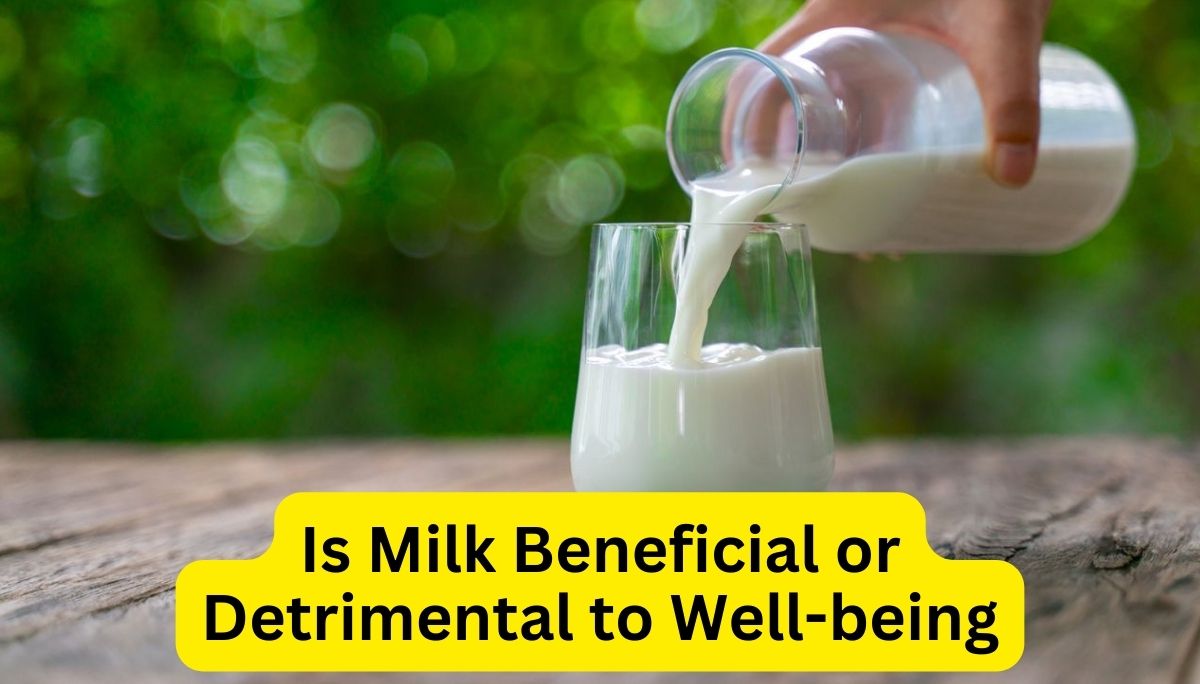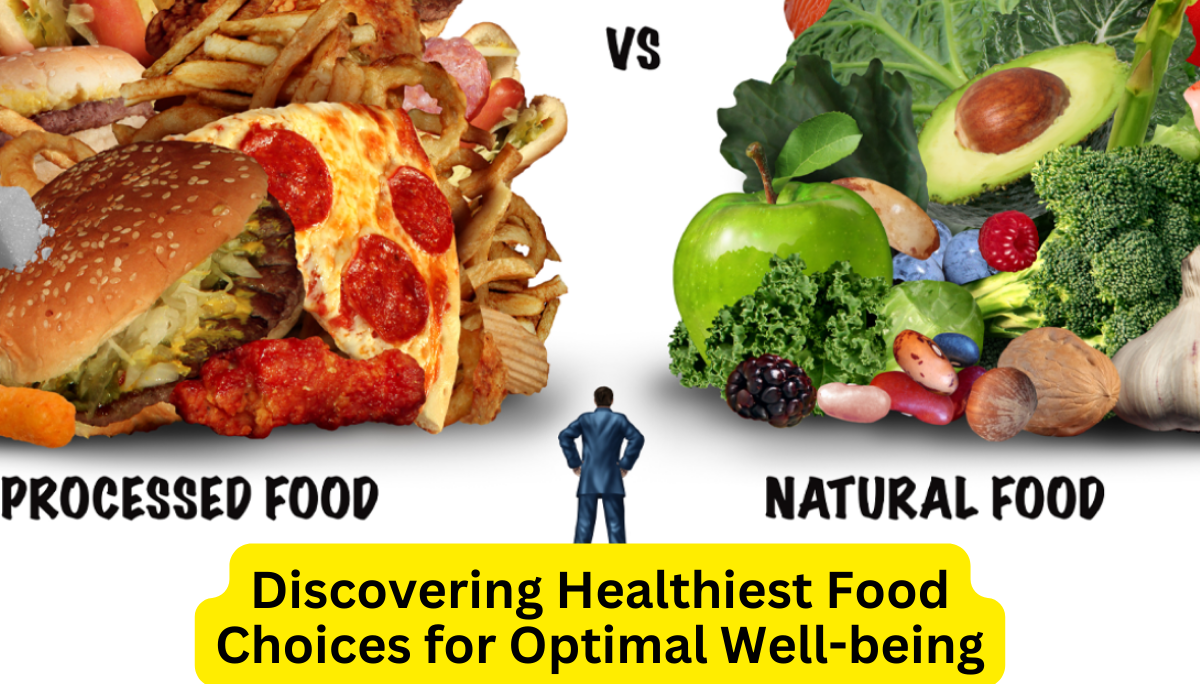Is Milk Beneficial or Detrimental to Well-being – Exploring the Health Implications
Milk has been a staple in diets worldwide for centuries, but conflicting opinions about its health benefits and drawbacks have led to confusion among consumers. Let’s explore the various perspectives on whether milk is beneficial or detrimental to health.

Table of Contents
Introduction
Milk has long been a staple in many households, praised for its rich nutritional profile and associated with strong bones and overall health. However, in recent years, debates have arisen about the potential drawbacks of milk consumption, leaving many people wondering whether this beloved beverage is truly as virtuous as it seems. Let’s dive into the intricacies of this age-old debate and explore the nuances surrounding the health impact of milk.
The Nutritional Benefits of Milk
It’s undeniable that milk packs a powerful nutritional punch. A single cup of cow’s milk is a rich source of essential nutrients, including calcium, protein, vitamin D, and various B vitamins. These nutrients play vital roles in promoting bone health, supporting muscle growth and repair, and contributing to overall bodily functions.
Calcium, in particular, is crucial for maintaining strong bones and preventing conditions like osteoporosis. Milk is one of the most readily available and affordable sources of this essential mineral, making it a valuable addition to a well-rounded diet, especially for growing children and older adults.
Furthermore, the protein found in milk is of high quality, containing all the essential amino acids required for muscle growth and maintenance. This makes milk an excellent choice for athletes, bodybuilders, and anyone looking to support their fitness goals.
Potential Drawbacks and Concerns
While milk undoubtedly offers numerous nutritional benefits, some concerns have been raised about its potential drawbacks. One of the primary concerns revolves around lactose intolerance, a condition where individuals lack the enzyme necessary to break down lactose, the natural sugar found in milk. This can lead to digestive discomfort, bloating, and other unpleasant symptoms for those affected.
Additionally, some studies have suggested a potential link between milk consumption and an increased risk of certain health conditions, such as acne, ovarian cancer, and prostate cancer. However, it’s important to note that these findings are not conclusive, and more research is needed to establish definitive causal relationships.
Another point of contention is the potential for milk to contribute to inflammation in the body. Some experts suggest that the proteins found in milk, particularly casein, may trigger an inflammatory response in certain individuals, potentially exacerbating conditions like arthritis or autoimmune disorders.
Alternative Milk Options
For those who cannot or choose not to consume cow’s milk, there are numerous alternative milk options available on the market. Plant-based milks, such as almond, soy, coconut, and oat milk, have gained popularity in recent years, offering a dairy-free alternative that caters to various dietary preferences and restrictions.
These alternative milks often boast their own unique nutritional profiles, with some being rich in vitamins, minerals, and healthy fats. However, it’s important to note that not all plant-based milks are created equal, and their nutritional values can vary significantly depending on the brand and manufacturing process.
When choosing an alternative milk option, it’s crucial to read the labels carefully and consider your specific dietary needs and goals.
Finding the Right Balance
The debate surrounding the health impact of milk is complex, and there is no one-size-fits-all answer. The key lies in finding the right balance and making informed choices based on your individual circumstances and preferences.
For many individuals, consuming milk in moderation as part of a well-balanced diet can be perfectly acceptable and even beneficial. However, for those with lactose intolerance, milk allergies, or specific health concerns, alternative options or limiting milk consumption may be the wiser choice.
It’s also important to consider the source and quality of the milk you consume. Organic, grass-fed, and minimally processed milk products may offer additional health benefits compared to their conventional counterparts.
Frequently Asked Questions: Is Milk Beneficial or Detrimental
Q: Is milk essential for strong bones?
No, milk is not the only source of calcium and nutrients essential for bone health. Plant-based sources like leafy greens, nuts, and fortified plant-based milks can also provide adequate amounts of these nutrients.
Q: Can milk cause inflammation?
There is some evidence suggesting that the proteins found in milk, particularly casein, may contribute to inflammation in certain individuals. However, more research is needed to establish a definitive link.
Q: Are plant-based milks healthier than cow’s milk?
Plant-based milks can be a healthy alternative, but their nutritional profiles vary widely. Some may be lower in protein or certain vitamins and minerals compared to cow’s milk. It’s important to read labels and choose options that align with your dietary needs.
Q: Is it safe to give cow’s milk to infants?
Cow’s milk is generally not recommended for infants under 1 year of age due to its composition and the potential for allergic reactions. Instead, breast milk or formula is recommended for infants during their first year of life.
Q: Is milk suitable for everyone?
While milk provides essential nutrients, it may not be suitable for individuals with lactose intolerance, milk allergies, or specific health conditions. Consult with a healthcare provider for personalized dietary recommendations.
Q: How much milk should I drink per day?
Dietary guidelines recommend consuming 2-3 servings of dairy or dairy alternatives per day for most adults. However, individual needs may vary based on factors like age, gender, and activity level.
Q: What are some alternatives to cow’s milk?
Individuals who cannot consume cow’s milk can opt for alternatives like almond milk, soy milk, coconut milk, or oat milk, which offer similar nutritional profiles and may be suitable for those with lactose intolerance or allergies.
Q: Can milk consumption lead to weight gain?
Milk itself is not inherently fattening, but excessive consumption of any calorie-dense food, including milk, can contribute to weight gain if it exceeds your daily caloric needs. Moderation and portion control are key.
The debate surrounding the health impact of milk is ongoing, and the answer may vary depending on individual circumstances and preferences. By understanding the potential benefits and drawbacks, and by making informed choices based on credible sources and personal needs, you can find the right balance that works for you and your overall well-being.






